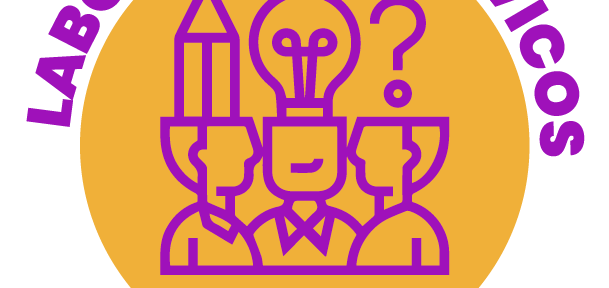Bogotá-Colombia is a city co-administered by 20 local mayor's offices. In the past, it was on the Mayor's power to allocate resources without necessarily go through public or community consultations, which is why several city infrastructures emerged without responding to specific needs nor recognizing the diversity in the population. With the Civic Laboratories of participatory budgeting, the community began to engage on where to decide where to invest their local budgets.
Innovation Summary
Innovation Overview
The methodology of civic laboratories of participatory budgets was designed, public servants from local municipalities were trained, citizens were invited, and the tool of convergence called Carnival of Ideas was used. This led to a convergence and agreement with the citizens, who defined up to 50% of the budget of each of the 20 municipalities Mayor's offices to specific citizens' led projects.
Innovation Description
What Makes Your Project Innovative?
The difference with this innovative project is the methodological process based on divergence, convergence, consensus and agreement through creative tools.
Innovation Development
Collaborations & Partnerships
The Innovation Lab (GOLAB) designed a methodology using canvases, creative blocks, and delivered the co-created facilitation guide outputs to the public servants of the local mayor's offices. The citizens greatly contributed with their knowledge and experience of the territories; in addition, all the entities of the city turned to guide and support the citizens.
Users, Stakeholders & Beneficiaries
More than 132,000 citizens participated in the Participatory Budget Civic Laboratories, of which more than 56,000 citizen initiatives were presented, which defined, agreed and concerted on how to invest the resources of their localities.
Innovation Reflections
Results, Outcomes & Impacts
In the initiative participated more than 132,000 citizens handing out more than 56,000 proposals agreed upon between the Mayor's office and the citizens. Once this is done, the proposals will be evaluated and the best ones incubates and developed with the resources of the local Mayor's office. This implies that around $205 millions will be allocated to citizens' led initiatives.
Challenges and Failures
The main challenge is to convince the public servants of the local mayor's offices in the methodological process of divergence, to conquer a greater participation in all spaces of the citizenship.
Conditions for Success
We identify three main success conditions:
- Methodologies, clear tools
- A stable legal framework
- Training of public servants in facilitation skills.
Replication
The degree of replicability is based on the democratization of the local economy and continues with the opportunity to maintain an open government, so that it is the citizens who live and experience their territories who decide how to invest the local resources.
Lessons Learned
Governments need to be more creative and proactive with the communities, giving them a decisive and representative space in their proposals.
Status:
- Implementation - making the innovation happen
Date Published:
6 December 2022


